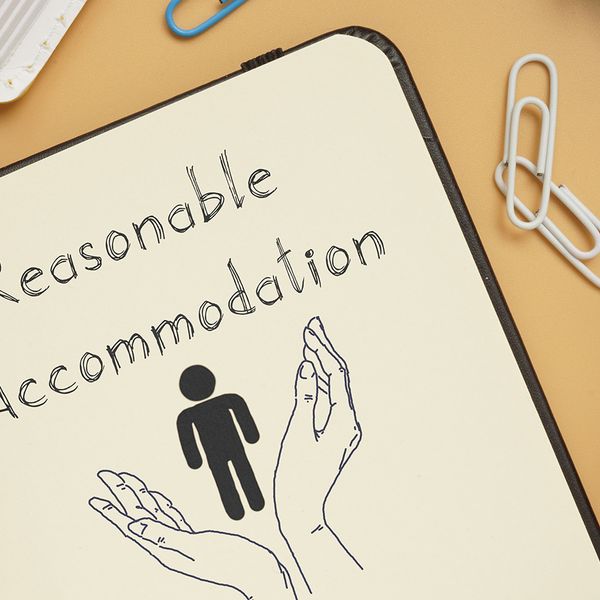Supervisor’s comments sway court in employee’s favor in pregnancy discrimination case
Handling accommodation and leave requests can be tough. Often, a supervisor's words and actions are the cause and at the crux of court cases when employees file discrimination claims, as one employer learned recently.
The story
In December 2019, Jackilyn, who worked for a hospital, told Tracy, her supervisor, that she was pregnant. Tracy took Jackilyn off tasks that involved X-rays.
Early the following year, Jackilyn asked that she not be exposed to patients with infectious diseases. Her doctor was especially concerned about her potentially contracting the flu because she had severe morning sickness. The doctor’s note, however, didn’t mention severe morning sickness. In response to the note, Tracy was very upset and said that Jackilyn “was a disappointment,” “was putting a strain on their department,” and “had an unwillingness to bend.”
Later that day, Tracy apologized to Jackilyn, acknowledging that her response had been insensitive. She also said that their department was being looked at heavily for its productivity.
The financial impact of the COVID-19 pandemic prompted the hospital to lay off more than 2,000 employees. Jackilyn and another pregnant employee were among the four chosen from the department.
In choosing employees to lay off, Tracy looked at several metrics from 2019. Jackilyn and the other pregnant employee were at the bottom of the rankings for most of these metrics. Jackilyn’s layoff began about two weeks later.
Despite being on a layoff status, when Jackilyn had her baby, she was put on leave under the federal Family and Medical Leave Act (FMLA) through October 21, 2020.
On the day Jackilyn was released to return to work, Tracy learned of a job opening in another department, but she didn’t tell Jackilyn about it, despite being asked if Jackilyn, specifically, would be interested. Instead, Tracy told Jackilyn that the department’s patient volume was still too low for her to return to work, so she would be placed back on layoff status.
The case
Jackilyn was eventually terminated, and she sued, arguing that the employer violated the federal Pregnancy Discrimination Act (PDA) because Tracy chose her for layoff because of her pregnancy when she intentionally selected data to make Jackilyn appear unproductive.
Tracy’s comments in response to the doctor’s note also weighed heavily in the court, as they indicate that she was concerned about how Jackilyn’s pregnancy was affecting her department’s productivity.
She also argued that the employer violated the FMLA when Tracy didn’t tell her about the job opening in the other department. The court said that this looked like Tracy was penalizing Jackilyn for taking FMLA leave.
The court agreed with Jackilyn’s arguments, which means the case will go to a jury to decide.
Key to remember: This case serves as a good reminder for supervisors to be careful how they respond to requests for time off or accommodations. Supervisors should be trained in such matters.























































